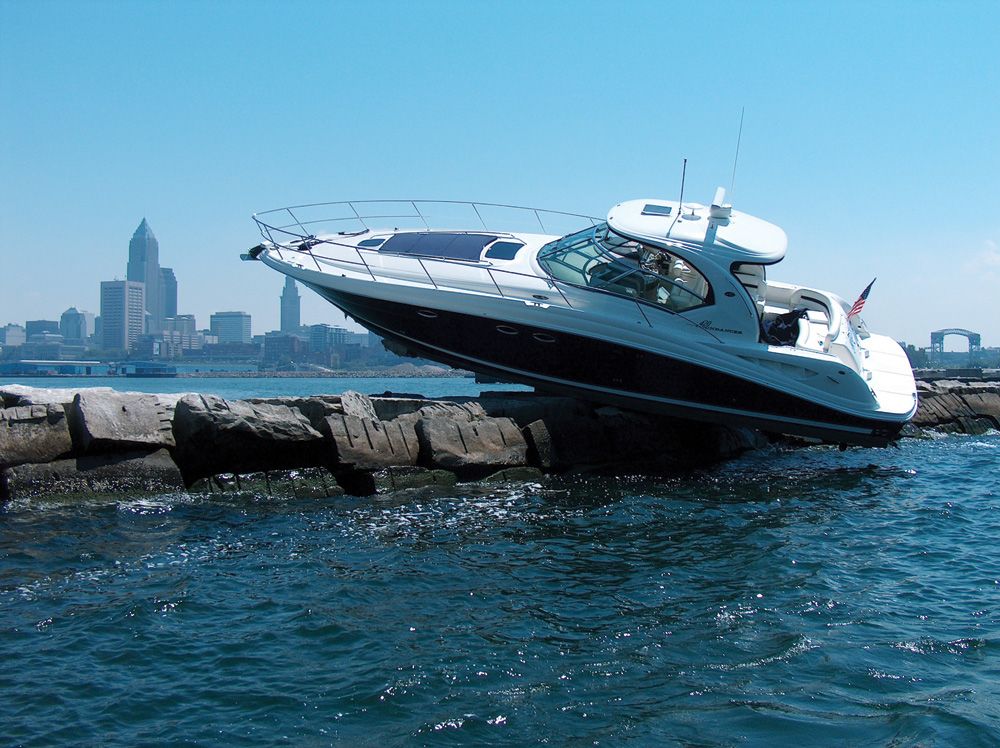
If you are trying to understand what marine insurance is, then you are in the right place. Insurance is an essential aspect of any industry, and the marine sector is no different.
After all, it’s the job of the marine industry to transport and protect people’s and businesses’ most essential goods and valuable assets. Consequently, marine insurance becomes necessary.
Are you involved in the marine industry? Do you know what is marine insurance? Marine insurance protects ship owners, cargo owners, terminal handlers, and other shipping intermediaries from dangers. To keep the merchant safe from any unfortunate variables like weather, pirates, and navigation issues, it’s advisable to invest in marine insurance.
Marine insurance types –
Before buying marine insurance, be sure to know the types of insurance to choose from:
- Hull and machinery insurance:
Without a mast, the hull is the main supporting body of the vessel. Thus, hull insurance protects the applicant in case of any ship mishap. Ship owners commonly use it. Along with hull insurance, purchasing machinery insurance can help to cover the ship’s machinery. It protects the applicant against damage from operational, mechanical, and electrical ship machinery.
- Marine cargo insurance:
Marine insurance functions in exchange for adequate premium payment to safeguard the cargo owner from financial damages resulting from incidents. It includes third-party liability insurance, which covers any damage caused by your cargo to the port, railway track, ship, other cargo, or individuals.
- Liability insurance:
The appropriate liability insurance can protect the ship owner from any obligations caused by situations beyond his control.
- Freight insurance:
If the freight is lost or damaged, or the ship is lost, the shipping company may not be held liable. This insurance can reimburse them for their loss.
What does it cover?
Some of the most general points covered by marine insurance are:
- Fire, explosion, sinking, stranding
- Loss in cargo loading or unloading
- Total loss protection
- Earthquake or lightning strike
- Unpredictable administrative costs
- Dumping or washing overboard
- Casualty, collision, flipping, or derailment
- Natural disasters
It also provides coverage in a variety of sections –
- Voyage policy: The insurance policy’s validity can be limited to the stated voyage, also known as a voyage policy. *
- Time policy: The insured frequently requests coverage for a specific period. *
- Mix policy: A mix policy is when a marine insurance policy extends insurance coverage for a specific voyage and for a long time. *
- Single vessel policy: Given the cost and coverage, this policy suits ship owners who own only one ship. *
- Fleet policy: If the shipowners possess numerous ships (a fleet), a fleet policy can be both, financially effective, and straightforward. *
- Floating policy: The shipping line may issue an ongoing floating policy. The only detail stated in the procedure can be the maximum sum insured. *
- Unvalued policy: The unvalued policy gets issued if the value of the products and consignment needs to be defined before uploading the cargo. Also known as an open policy. *
- Valued policy: In case of an insurance claim, the insured may receive the restricted amount, as mentioned in the policy. *
- Block policy: A block policy can be well suited to cover the goods for the entire route. The marine insurance coverage sum gets payable to the applicant in case of a loss during transit. *
* Standard T&C Apply
Advantages
Marine insurance while operating a business involving cargo and sea routes can be helpful eventually.
Some of the benefits of purchasing marine insurance include the following:
- Marine insurance ensures the company’s financial stability.
- Enables risk management and worry-free business operations.
- Also compensates for any monetary loss incurred during the transportation of goods.
Insurance is the subject matter of solicitation. For more details on benefits, exclusions, limitations, terms, and conditions, please read the sales brochure/policy wording carefully before concluding a sale.






